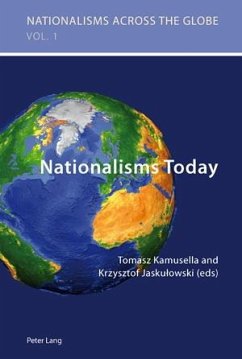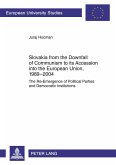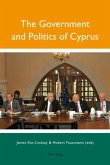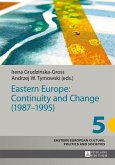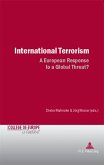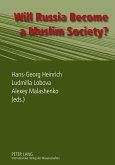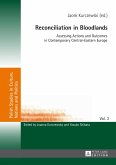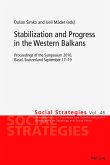After the end of communism and the breakups of the studiously anational polities of the Soviet Union and Yugoslavia into successor nation-states, nationalism and ethnicity returned to the fore of international politics. Earlier these forces had been relegated to the back burner of history when the Cold War struggle unfolded. But even then the process of decolonization had been none other but the gradual globalization of the nation and nation-state as the most legitimate forms of modern-day peoplehood and statehood. At present, nationalism is the sole uncontested global ideology of statehood legitimization. The ethnic variety of this ideology also forms the basis upon which stateless groups reinvent themselves as nations in order to be able to lay claim to territorial autonomy or separate statehood.
This volume inaugurates a new Peter Lang book series, Nationalisms across the Globe , devoted to these burning issues, which shall influence the near future of the world. From a geographical perspective, this collection focuses mainly on Central and Eastern Europe and also Southern Africa. Significantly it also proposes novel theoretical approaches to the phenomena of nationalism and ethnicity.
This volume inaugurates a new Peter Lang book series, Nationalisms across the Globe , devoted to these burning issues, which shall influence the near future of the world. From a geographical perspective, this collection focuses mainly on Central and Eastern Europe and also Southern Africa. Significantly it also proposes novel theoretical approaches to the phenomena of nationalism and ethnicity.

